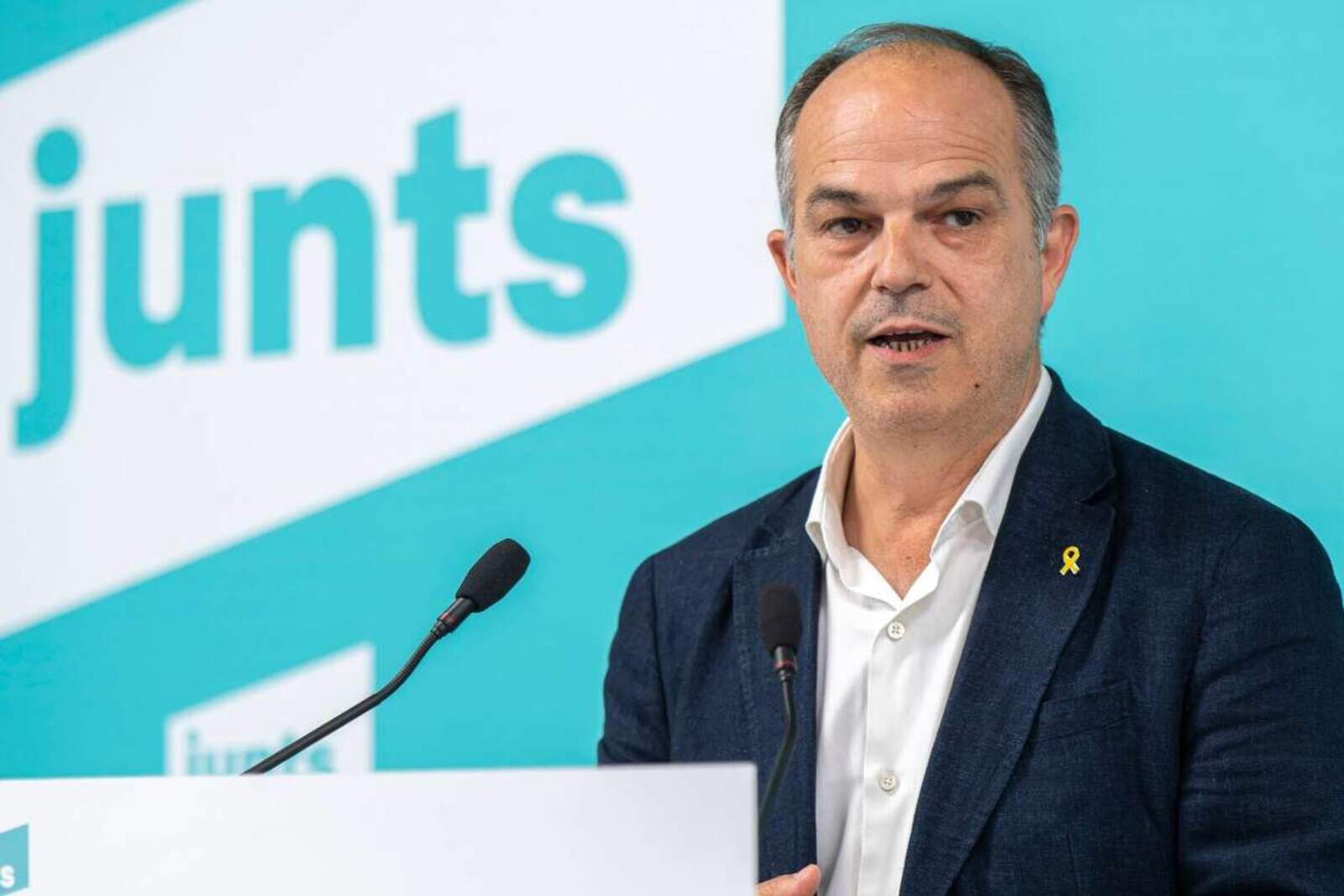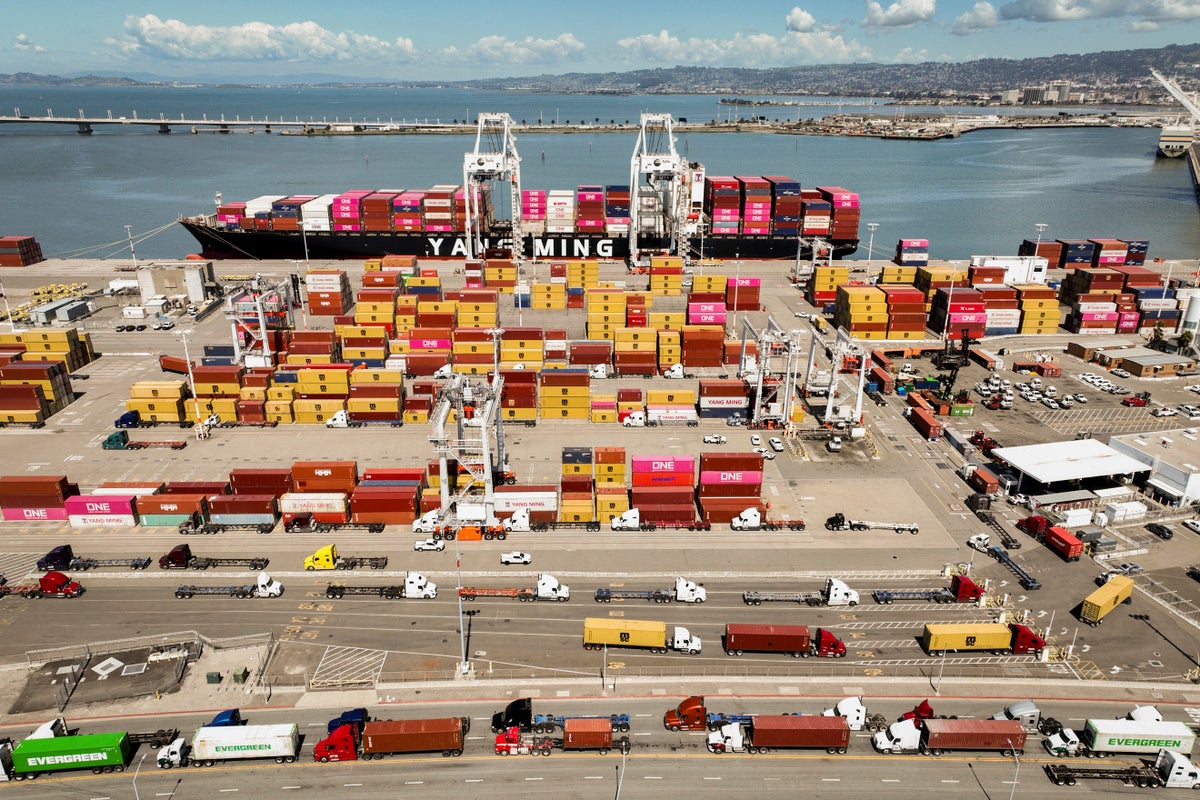A woman walks a bike along Oregon Highway 99 in an undated photo. The Oregon Transportation Commission voted this week to spend $50 million to make state highways like this one more accessible to people walking or riding bikes. (Oregon Department of Transportation)This is a developing story and will be updated.
Oregonians would pay more at the pump, higher fees when they buy a car or bike and see more money deducted from their paychecks to pay for transit under a wide-ranging plan released Thursday by Democratic lawmakers for filling a transportation deficit.The framework that Sen. Chris Gorsek, D-Troutdale, and Rep.

Susan McLain, D-Forest Grove, released is the result of nearly two years of meetings and a statewide tour to hear about transportation needs. It comes as state and local transportation departments struggle to pay for basic maintenance like potholes and snowplows, let alone finish some major projects like the Rose Quarter highway improvement and Abernethy Bridge replacement in the Portland area.McLain and Gorsek’s plan, shared early with the Capital Chronicle under the condition that the publication not seek comments from anyone else before 3 p.
m. Thursday, aims to raise at least $1.9 billion in additional revenue per two-year budget cycle for the State Highway Fund, Oregon’s main source of transportation funding, by the time a 20-cent gas tax increase is fully phased in, in 2032.
Much of that increased funding would come through increases to the gas tax, vehicle title and registration fees and the weight-mile tax paid by truckers. Oregonians would also see more money deducted from their paychecks under an existing payroll tax to pay for transit, and all electric vehicles would gradually be enrolled in a now-voluntary road usage charge program meant to replicate what their drivers would pay for gas-powered cars. “It’s a big picture thing where we’re resetting everything,” Gorsek said.
“But we’re not going to say to the public, ‘OK, we’re going to fix the gas tax today, and it’s going to go through the roof, or we’re going to do EVs, and it’s going to be through the roof right away.’ The idea is to work these things into something that can keep us from getting where we are now in the future.”“Where we are now” is a funding crisis years in the making, as gas tax revenues decline, inflation hikes construction costs and the state and local governments split transportation funding.
The Oregon Department of Transportation predicted an immediate deficit of more than $350 million, with warnings that it may need to lay off nearly 1,000 employees. Without legislative action, the agency has warned, it will take longer to plow roads, open and close highways during fire season and fix potholes. The transportation co-chairs’ proposed fix comes as Oregonians deal with higher prices on all kinds of goods and anticipate increased costs due to President Donald Trump’s tariffs, the highest tax on foreign goods in generations.
“We’re very conscientious about the cost of living and some of the experiences we’ve had economically, but it also costs money to do nothing,” McLain told the Capital Chronicle. “And right now, we have maintenance, and we have preservation, and safety that all are the very pillars of what we’ve heard in our tour around the state.”The plan, which will be refined by the Legislature before it adjourns in June, includes raising Oregon’s current 40-cent gas tax to 60 cents per gallon by Jan.
1, 2032. The biggest jump, to 48 cents, would happen Jan. 1, 2026, with 4-cent increases every two years until 2032.
It would also add $66 to vehicle registration fees, which now run between $126 and $156 every two years. Titles, which cost about $101 to $116, would increase by $90. Electric vehicle drivers now pay more — $192 for title and $316 for registration — but their registration costs would go down as they enrolled in a road user charge program or paid a flat annual fee.
The current road user charge program, OReGO, is a voluntary two-cent-per-mile fee, but lawmakers want to expand it to all electric vehicles.Existing EVs would be enrolled in the program by July 2026, newly purchased vehicles by July 2027, plug-in hybrids by 2028 and all new vehicles rated at 30 mpg or greater by July 2029. Additionally, McLain and Gorsek want to charge a one-time fee of 1% of the vehicle price when a car is sold.
Oregon is one of only five states that doesn’t currently have such a fee. Tolls, a tool lawmakers laid the groundwork for in their 2017 transportation package, are nowhere in the framework. Gov.
Tina Kotek ordered a moratorium until 2026 on tolls, which the transportation department planned to use on Interstates 5 and 205 in and around Portland in part to pay for replacing the I-5 bridge connecting Oregon and Washington, and they’re politically unpopular in Oregon, which has no toll roads. “The governor didn’t say no to tolls in the future, but that is not what is in the package currently,” Gorsek said.The current 0.
1% payroll tax all Oregonians pay for transit would nearly double to 0.18%, adding an additional $268.6 million per two-year budget cycle.
A 3% tax on tire sales would provide $50 million every two years to fund rail, wildlife crossings and salmon restoration. Bikes that cost $200 or more, which now carry a $15 tax, would see that rate increase to $24.50 per bike to provide $1 million per budget cycle for local paths and trails.
“There’s no competition between transit, maintenance and finishing our promises,” McLain said. “We have different streams of money available for stable, sufficient funding for all three.”McLain and Gorsek said they’re confident in Oregon’s ability to continue to receive federal transportation grants, despite directives from U.
S. Transportation Secretary Sean Duffy that federal funding should go toward states with high marriage and birth rates, no vaccine or mask mandates and that are committed to working with the federal government to enforce Trump’s immigration policy — all areas that don’t apply to Oregon. “I think what helps us is that this isn’t just about Portland,” Gorsek said.
“This is about the West Coast, and the bottlenecks that we have in Portland for the whole I-5 system. There are comments about Oregon and Washington in terms of the Trump administration not being very happy with us, but this is really about the region and serious economic impacts if we don’t fix this.” GET THE MORNING HEADLINES.
SUBSCRIBE.
Politics

Oregon Democrats unveil $1.9 billion transportation funding plan

A woman walks a bike along Oregon Highway 99 in an undated photo. Democratic lawmakers unveiled their vision for a $1.9 billion transportation funding plan. (Oregon Department of Transportation)















